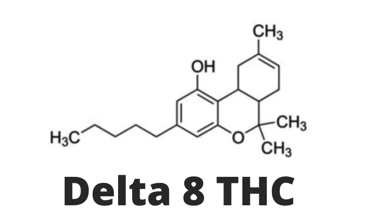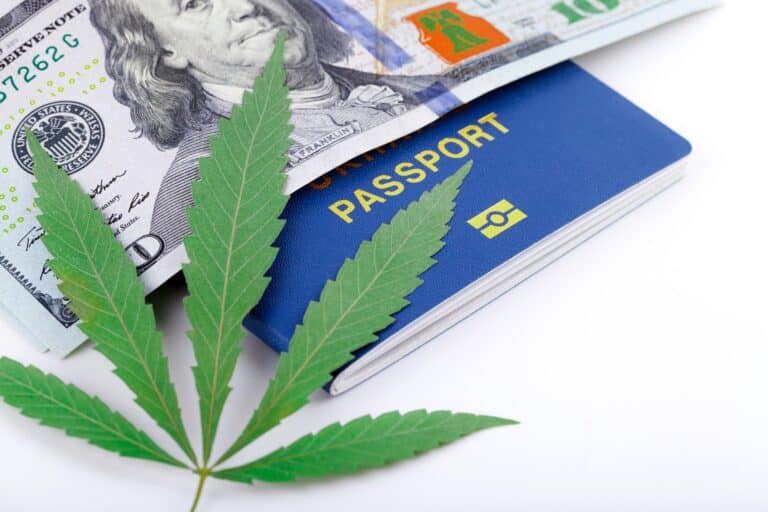What is delta-8-THC?
There is a lot of mystery around Δ8THC, and most people don’t know about it. Even scientific studies on this compound are few and researchers still need to conduct more studies on it. Nonetheless, this article explains what we currently know about the compound and how it can be beneficial to everyday life.
Delta-8-tetrahydrocannabinol, also known as Δ8THC, is among the numerous naturally occurring compounds in cannabis plants. Most people usually confuse this compound with the famous THC, the major psychoactive component of the cannabis plant. However, Delta-8 THC is produced by oxidizing delta-9 THC. This results to a molecular structure known as delta-8 THC, abbreviated as Δ8THC. CBD hemp flower usually contains small amounts of Δ8THC and its usually extracted or converted from other cannabinoids to be used for different purposes.
What are the benefits of delta-8 THC?
There is limited research on delta-8 THC but the few studies we have are promising. There are also easy ways to produce Δ8THC concentrates. These are signs that the not-so-well understood cannabinoid will start gaining traction soon. Here are a few benefits that come from using delta-8 THC as a supplement.
Antitumor
A 2013 study cited by the National Cancer Institute, shows that delta-8 THC has properties that can inhibit tumor growth. According to the study, Delta-9-THC, delta-8-THC, and cannabinol (CBN) could inhibit cancer cells’ growth. Furthermore, tumors sensitive to cannabinoid-induced growth inhibition can be stopped by delta-8-THC.
Antiemetic
According to a study from 1995 published in Life Sciences delta-8 THC showed the ability to decrease side effects of nausea with little or side effects in children. In this study, Delta-8-tetrahydrocannabinol was administered to eight children, aged 3-13 years suffering from hematologic cancers who previously received treatment with different antineoplastic drugs for up to 8 months. The results of this study showed reduced in vomiting and other negligible side effects.
Appetite-stimulant
According to a 2004 study published in Pharmacol Biochem delta-8 THC increased appetite and cognitive function in mice even when taken in extremely low doses. Delta (8)-THC made the mice increase food consumption and improved cognitive function without negative side effects. Thus, consuming THC in low doses might help treat weight disorders without leaving minimal side effects associated with cannabis use.
Analgesic properties
According to a 2018 study from the Cannabinoid and Cannabis Research journal, topical delta-8 THC (and CBD) was shown to be a potential treatment for pain and inflammation. The results of this study show novel evidence that the phytocannabinoids Δ8THC and CBD both have antinociceptive and anti-inflammatory properties in an experimental model of corneal hyperalgesia.
Neuroprotective properties
According to a 1987 Alcohol and Drug Research journal, delta-8 THC may also increase brain activity in mice due to its neuroprotective properties. This study’s objective was to test various cannabinoids including delta-8 THC and its showed significant effects, especially when taken in low dosages. There is need for more research on the various potential medicinal uses for Δ8THC and hopefully the future is bright.
Copyright © 2024 Medical Marijuana Doctor - MMJ Doctor Near Me
Site by CannaPlanners




